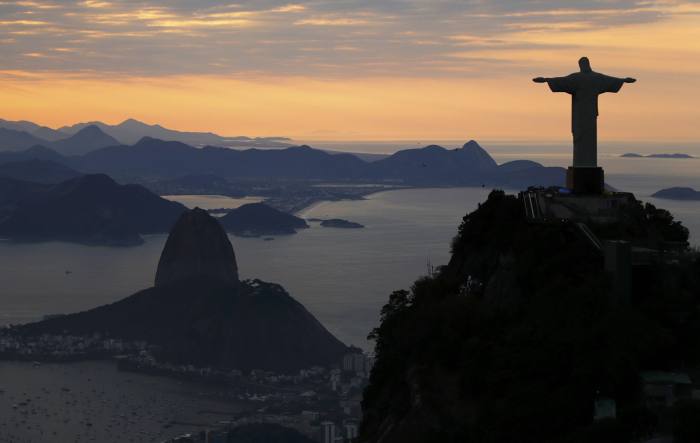
Latin America has more than its fair share of economic and political scandals that regularly make global headlines.
But behind all the media noise, could the region offer long-term opportunities for investors?
It is worth looking at Latin America in the context of the wider emerging markets universe. For Aneeka Gupta, associate director for research at ETF provider WisdomTree, activity from outside this sector has adversely impacted the group.
By the end of September, the MSCI Emerging Markets index was down 7.86 per cent, compared to the MSCI World, which made a positive 5.43 per cent in the same time frame.
“Concern over US trade policies have dragged on emerging markets in general,” notes Ms Gupta, “but investors are getting used to how the White House conducts its business and have started to ignore the tweets. They realise a deal will get done, but that it will take time.”
Ms Gupta believes emerging markets will rebound, relying significantly on strong fundamentals, but for the moment Latin America is the “weak link in the chain”.
Over the last 10 years, to the end of September, the MSCI EM Latin America index made a barely positive 0.94 per cent on an annualised basis compared to the general emerging market index, which made 5.76 per cent.
In that time, some of the largest economies in the region suffered political mismanagement leading to financial collapse, compounded in Argentina by the worst drought in 50 years hitting exports by up to $6bn. Smaller economies, such as Uruguay, Ecuador and Paraguay, have such limited and illiquid opportunities, they are not classed by MSCI as either frontier or emerging markets.
Additionally, there is very little economic cooperation across the region, according to experts, leaving struggling countries isolated.
“The political situation in Latin America is always complicated,” says Xavier Hovasse, manager of the Carmignac Emerging Discovery fund.
Recent scandals in Brazil have left its valuations the lowest in the emerging markets, with investors staying away. The incoming president Jair Bolsonaro has seen his speeches generally well received by markets, but no one really knows what will happen when he takes office, according to Mr Hovasse.
“What happened in Venezuela was a disaster for the people who invested there, but it was no surprise,” he adds, citing hyperinflation that has driven millions of its citizens to seek economic refuge in neighbouring states.
Commodity curse
Much of this political mismanagement can be traced back to the region’s abundance of commodities, which, according to Mr Hovasse are “a curse”.
“When a country does not have any [commodities], its people have to try and survive, so they innovate and develop manufacturing to boost exports – look at China, Vietnam, South Korea,” he points out.
“When you have commodities, not only does the economy rely on them, but it promotes corruption, and the impact on a currency can make the rest of the economy worse.”






